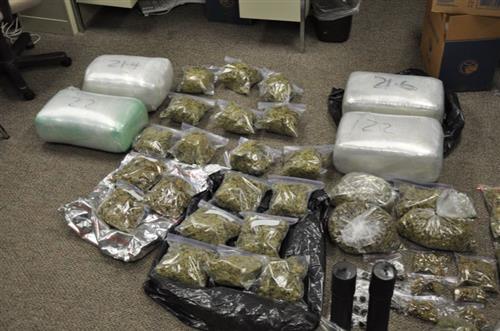Have you or someone you care about been charged with Drug Trafficking?
Drug Trafficking cases should be taken very seriously. In addition to imprisonment, a conviction for this offence can have significant consequences on one’s life and liberty. It is imperative to have an experienced defence lawyer to represent you if you are charged.
What is Drug Trafficking?

This charge includes, but is not limited to, selling, giving, transferring, administering, delivering, and offering to sell drugs. It also includes people who aid or abet those who traffic drugs as a party to the offence.
Depending on the nature of the drug and the amount, Drug Trafficking can result in serious consequences, including years in jail. The breadth of Drug Trafficking cases is wide-ranging: from momentary transactions between two individuals for a small amount of marijuana; to ongoing conspiracies over a long duration involving substances like cocaine or heroin. Depending on the complexity of the case, evidence can include extended police surveillance, wiretapping on phone lines, and undercover police agents.
Trafficking can also be committed by holding a substance out to be a narcotic. As long as the accused represented the substance as a narcotic, they can be found guilty of drug trafficking, even if the substance in question is not contraband.
Multiple offences of trafficking, depending on the nature of the drug, can result in extremely high jail sentences, including but not limited to, life in prison.
Drug Trafficking is a very serious crime in Canada, which will put one's liberty, employment and immigration status at stake. Caramanna Friedberg LLP has successfully represented countless individuals facing Trafficking offences.
Criminal law is not simply a vocation for us. It is our passion. Fighting for justice is in our DNA. Founded in 2002 by Sal Caramanna and Matthew Friedberg, our firm is one of a handful in Ontario set apart from the sole practitioner model. Our advantage is in our team-approach, track record, reputation, reliability and empathy. When you choose Caramanna Friedberg LLP you are choosing a team of legal professionals with the power to punch above the weight-class of any one lawyer advocating for your rights.
0
Call us at (416) 924-5969 if you or a loved one has been charged. We are here to help 24/7.
See also,
possession,
production,
importing,
all drug offences